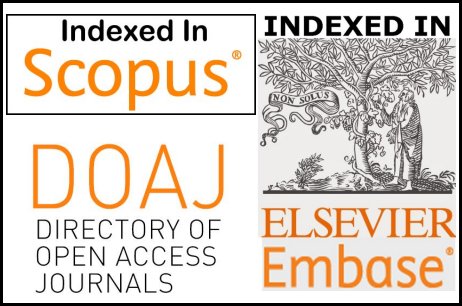Biofeedback Intervention for Anger Management
DOI:
https://doi.org/10.15540/nr.4.2.95Keywords:
anger, biofeedback, intensity, intervention, stressAbstract
Stress is usually tied into anger, both of which have been shown to have negative health effects. Biofeedback has been shown to reduce stress (which can be anger-inducing), and has been suggested as an intervention. This study will determine the effects of biofeedback on anger management by monitoring heart rate variability (HRV) through focused breathing and positive thoughts (such as that of a loved one). The settings were at home and in public. The baseline was 12 days; interventions occurred twice daily, with times of each increasing every 7 days and tracked for 4 consecutive weeks. Consistently applied, the intervention indicated a significant reduction in the number of anger events as well as a marked decrease in the intensity of each event.
Keywords: anger, biofeedback, intensity, intervention, stress
References
Anger. (n.d.) Mosby's Medical Dictionary, 8th edition. (2009). Retrieved February 28 2017 from http://medical dictionary.thefreedictionary.com/anger
Association for Applied Psychophysiology and Biofeedback. www.aapb.org
Biofeedback Certification International Alliance. www.bcia.org
Fernandez, E., & Beck, R. (2001). Cognitive-behavioral self-intervention versus self-monitoring of anger: Effects on anger frequency, duration, and intensity. Behavioural and Cognitive Psychotherapy, 29(3), 345-356. doi:10.1017/S1352465801003071
Francis, H.M., Penglis, K.M., & McDonald, S. (2016) Manipulation of heart rate variability can modify response to anger-inducing stimuli. Social Neuroscience, 11(5), 545-554. doi:10.1080/17470919.2015.1115777
Greenspoon, J., & Olson, J. (1986). Stress management and biofeedback. Clinical Biofeedback & Health: An International Journal, 9(2), 65-80
HeartMath®LLC. www.heartmath.com
International Society for Neurofeedback and Research. www.isnr.org
Shellenberger, R.D., Turner, J., Green, J., & Cooney, J.B. (1986). Health changes in a biofeedback and stress management program. Clinical Biofeedback & Health: An International Journal, 9(1), 23-34.
Wyner, D.R. (2015). Pilot study of a university counseling center stress management program employing mindfulness and compassion-based relaxation training with biofeedback. Biofeedback, 43(3). 121-128.
Downloads
Published
Issue
Section
License
Authors who publish with this journal agree to the following terms:- Authors retain copyright and grant the journal right of first publication with the work simultaneously licensed under a Creative Commons Attribution License (CC-BY) that allows others to share the work with an acknowledgement of the work's authorship and initial publication in this journal.
- Authors are able to enter into separate, additional contractual arrangements for the non-exclusive distribution of the journal's published version of the work (e.g., post it to an institutional repository or publish it in a book), with an acknowledgement of its initial publication in this journal.
- Authors are permitted and encouraged to post their work online (e.g., in institutional repositories or on their website) prior to and during the submission process, as it can lead to productive exchanges, as well as earlier and greater citation of published work (See The Effect of Open Access).










